
Dr. Anthony Yaw Baah, Secretary General of the Trades Union Congress (Ghana), has urged the nation to adopt values and internal organizational structures similar to those found in Nordic countries to build a fair and corruption-free society.
At the Chartered Institute of Administrators and Management Consultants (CIAMC) Conference, Dr. Baah, presented a detailed analysis of the pervasive corruption in Ghana, emphasizing that emulating the values of honesty, integrity, and respect, which are deeply embedded in countries like Norway, Denmark, and Sweden, could significantly reduce corruption and improve the quality of life for Ghanaians.
“It is possible to build a fair and corruption-free society,” he stated, citing his personal experiences in Norway and other Nordic countries as evidence.
The Nordic countries consistently rank among the least corrupt in the world according to Transparency International’s Corruption Perception Index (CPI). In 2023, Denmark, Finland, Norway, and Sweden were among the top six countries with the lowest levels of corruption. In stark contrast, Ghana ranked 70th, highlighting the significant challenge the nation faces in tackling corruption.
Dr. Baah presented compelling statistics to support his argument, noting that countries with low levels of corruption also tend to have high per capita incomes and Human Development Index (HDI) scores. For instance, Norway, Denmark, and Sweden are among the top 20 countries with the highest GDP per capita and rank highly in HDI, reflecting better health, education, and standard of living outcomes.
“It is not by coincidence that the Nordic Countries are among the countries with the lowest corruption perception indices, the highest per capita income, and highest scores of Human Development Index (HDI),” he noted.
Ghana Integrity Initiative (GIl) states that Ghana “loses close to US$3 billion to corruption annually”. This amounts to 4% of GDP.
However, according to Transparency International (TI) Corruption Index, Ghana is among the least corrupt countries of the continent. Unfortunately, corruption is pervasive. Corruption is not only about bribes – “Quid pro quo” deals (A favour granted in return for something).
Highlighting the deep-rooted nature of corruption in Ghana, Dr. Baah described how it permeates every sector, from government and public services to private businesses and even households.
He stressed that the consequences of corruption are severe, leading to chronic poverty, poor infrastructure, inadequate healthcare and education, and preventable deaths.
“Corruption is largely responsible for many of the challenges facing us here in Ghana and Africa, generally,” he said.
To combat this, Dr. Baah underscored the need for strong leadership at all levels, particularly in government and public service institutions.
He called for the election of leaders with integrity who can serve as role models and have the moral authority to enforce the rule of law and punish corrupt practices.
“We need leaders who can make other values more attractive than money,” he stated.
Moreover, Dr. Baah advocated for constitutional reforms that would empower the people and ensure checks and balances in the governance system. He argued that giving more power to the populace would lead to more responsive and accountable leadership, thereby reducing corruption.
“When the people have power, they will ensure that their voices matter even more than the president and his/her ministers in the formulation and adoption of policies and measures that address their needs,” he explained.
In his concluding remarks, Dr. Baah expressed optimism about Ghana’s potential to improve its standing on the Corruption Perception Index and the Human Development Index, given the country’s human and material resources.
“With the human and material resources available to us, Ghana should be able to achieve a higher score on the Corruption Perception Index and achieve a higher score on the Human Development Index in a relatively short period of time,” he asserted.
The CIAMC conference, themed “Building a Path Towards a Fair and Sustainable Corruption-Free Ghana,” provided a platform for various stakeholders to discuss strategies for addressing corruption.
Dr. Baah’s address highlighted the critical role that values and internal organizational structures play in this quest, offering a hopeful vision for Ghana’s future if it can embrace these principles.
The post Embrace Nordic values to combat corruption – Dr. Yaw Baah appeared first on The Business & Financial Times.
Read Full Story
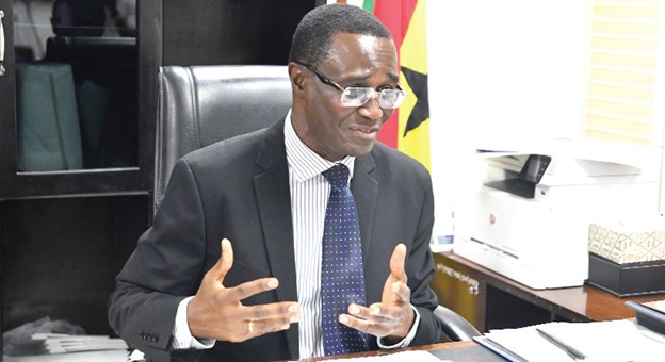

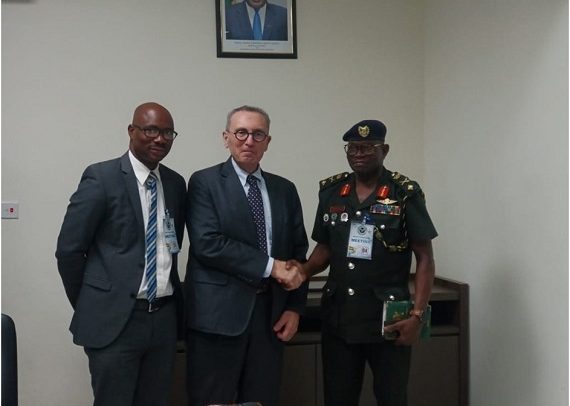
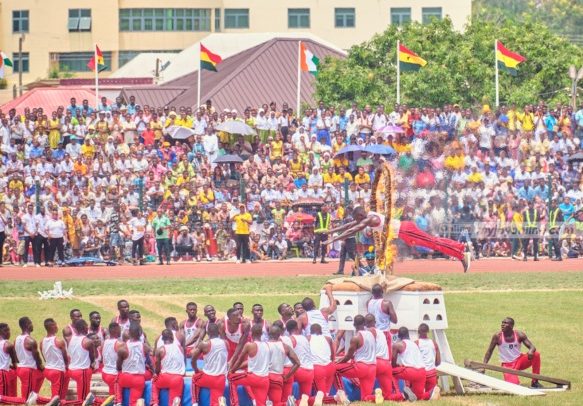
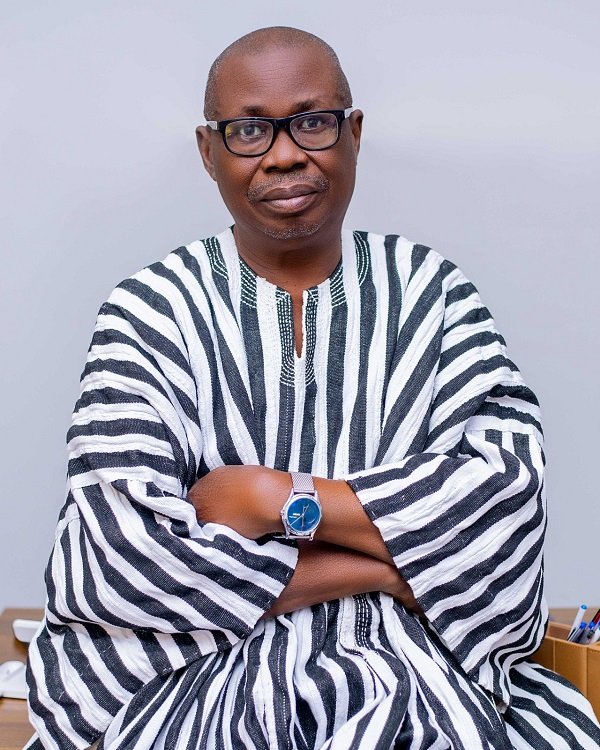





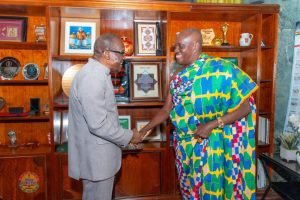





Facebook
Twitter
Pinterest
Instagram
Google+
YouTube
LinkedIn
RSS